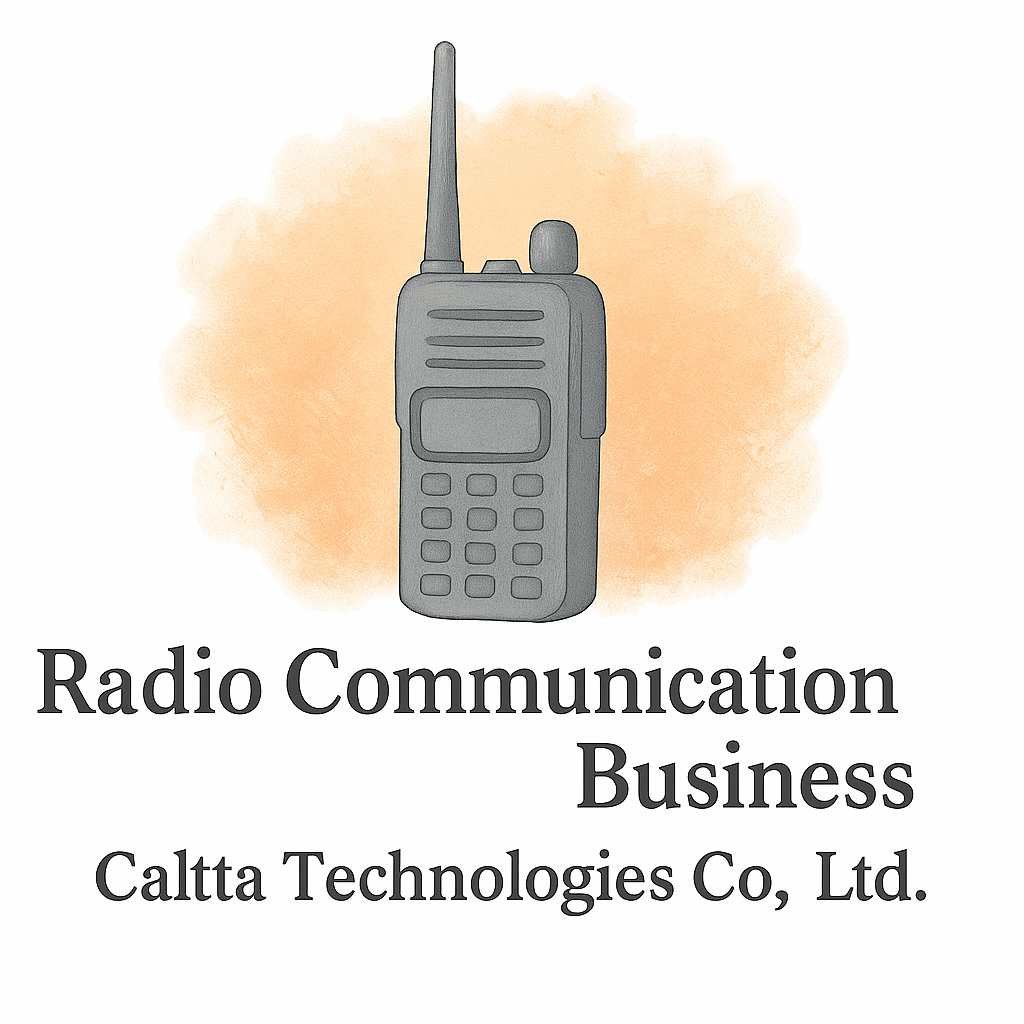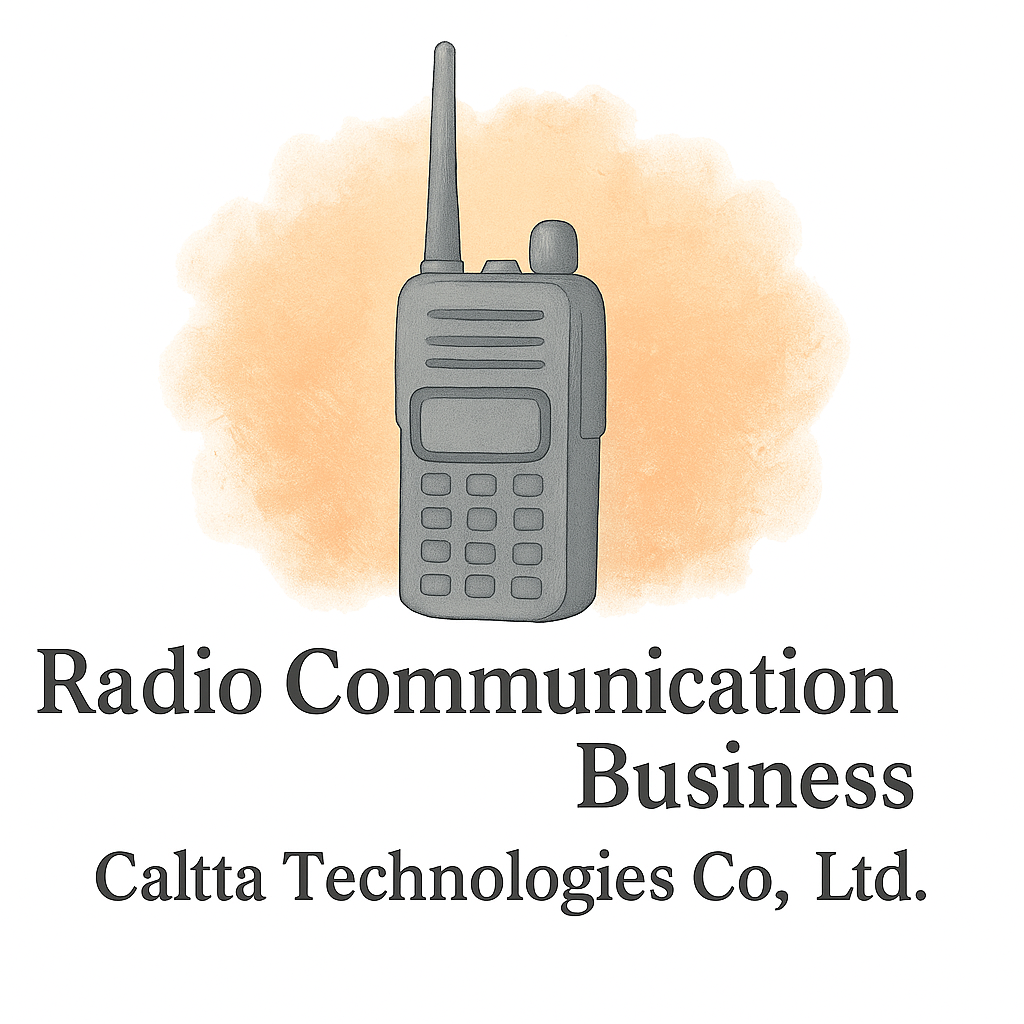Introduction
Running a radio communication business isn’t just about having a mic and saying “over.” It’s a high-tech, fast-paced industry where staying connected and reliable is non-negotiable. Whether you’re just starting or scaling up, having the right tools can be the game-changer that defines your success. In this post, we’re diving deep into the 10 must-have tools for radio communication businesses that will boost your efficiency, reliability, and client trust.
Internal links like Business Startup Basics and Equipment & Technology can help you explore further.
Why Tools Matter in Radio Communication
Enhancing Operational Efficiency
In radio communication, time is everything. The right tools allow you to connect teams quickly, troubleshoot issues faster, and maintain continuous coverage across wide geographic areas.
Staying Ahead of the Competition
High-quality tools help you avoid common mistakes and ensure that your services stand out in a saturated market. It’s about professionalism, dependability, and strategic investment.
Tool #1: Two-Way Radios
Features to Look For
Two-way radios are the heart of any communication setup. But not all radios are created equal.
Durability and Range
Look for models that can withstand drops, water exposure, and temperature extremes. Range matters too. UHF radios are great for indoor use, while VHF is better for outdoor.
Battery Life and Charging Options
Long-lasting batteries and multiple charging options can prevent downtime. Consider models with rapid-charging docks or USB compatibility.
Explore Caltta’s Equipment Section for hardware options.
Tool #2: Radio Repeaters
Boosting Signal Strength
Repeaters are essential if you want to extend the range of your communication systems. They grab a weak signal and retransmit it, covering dead zones effortlessly.
Where and When to Use Them
Large buildings, underground areas, and mountainous regions are classic examples of where repeaters shine.
Tool #3: Radio Antennas
Types of Antennas
Omni-Directional vs. Directional
Omni antennas broadcast in all directions. Perfect for general use. Directional antennas focus the signal, increasing range and quality in a specific direction.
Mounting and Placement Tips
Height matters. Install antennas on high rooftops or poles. Keep away from metal structures to reduce interference.
Stay updated with the latest Industry Insights.

Tool #4: Dispatch Consoles
Coordinating Communications Efficiently
Dispatch consoles let you centralize communication, especially useful in emergency services or logistics. With touch screens, voice recording, and integration features, they streamline operations.
Tool #5: Signal Testing and Monitoring Tools
Ensuring Quality and Coverage
These tools help analyze radio frequencies, test signal strength, and locate sources of interference. Essential for avoiding coverage gaps and ensuring regulatory compliance.
Stay compliant with Regulation Tips.
Tool #6: Encryption Software
Keeping Communications Secure
Privacy is a big deal. Encryption software ensures that only intended parties can hear the message. This is crucial for industries handling sensitive data.
Avoid compliance mistakes with proper encryption practices.
Tool #7: Power Supplies and Battery Backup
Keeping Systems Running During Outages
Power outages can kill communication. Invest in UPS systems, solar chargers, and backup batteries to keep your system live 24/7.
Explore Cost-Saving Solutions for power management.
Tool #8: GPS Tracking Devices
Enhancing Team Coordination
Modern two-way radios often integrate GPS to track team members in real time. This boosts accountability and response time, especially for field operations.
Stay on top of Tech Trends.
Tool #9: Communication Headsets
Comfort and Audio Clarity
A headset isn’t just a luxury. It reduces noise, improves clarity, and frees your hands. Look for noise-canceling, ergonomic designs suitable for long shifts.
Read more about Tools & Equipment.
Tool #10: Radio Communication Management Software
Streamlining Workflow and Compliance
This software manages licenses, schedules communication logs, and helps ensure compliance with national and international laws.
Check out Business Setup Guidance.
How to Choose the Right Tools for Your Business
Budget Considerations
Startups need to balance quality and cost. Look into budgeting strategies and prioritize must-haves before investing in extras.
Industry Regulations and Compliance
Make sure every tool complies with industry standards. Use Caltta International’s Law Tag for updates.
Final Thoughts
Having the right tools is like having the right team. Without them, everything crumbles. With them, you’re equipped to handle anything thrown your way. From two-way radios to encryption software, every item in this list plays a crucial role in building a rock-solid radio communication business.
Need help getting started? Visit Caltta International for expert advice, product guides, and insider tips.
FAQs
1. What is the best two-way radio for business use?
Look for durable models with long-range capabilities and strong battery life.
2. Do I really need a radio repeater?
If you operate in large or signal-blocking environments, yes. It significantly extends range.
3. How can I secure my radio communications?
Use encryption software and secure channels. Avoid public frequencies.
4. Are GPS features necessary in radios?
Not mandatory, but highly useful for tracking teams and improving safety.
5. What headset is best for noisy environments?
Noise-canceling headsets with built-in microphones are ideal.
6. How do I stay compliant with communication laws?
Use tools that meet local and international regulations. Check out compliance resources.
7. Where can I buy high-quality communication tools?
Visit Caltta International to explore top-rated tools and professional advice.


